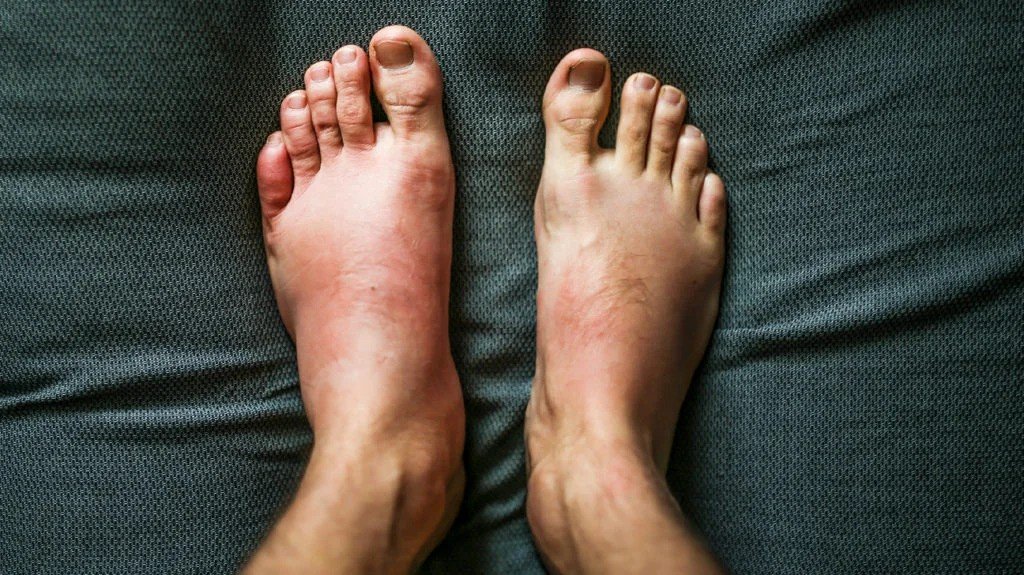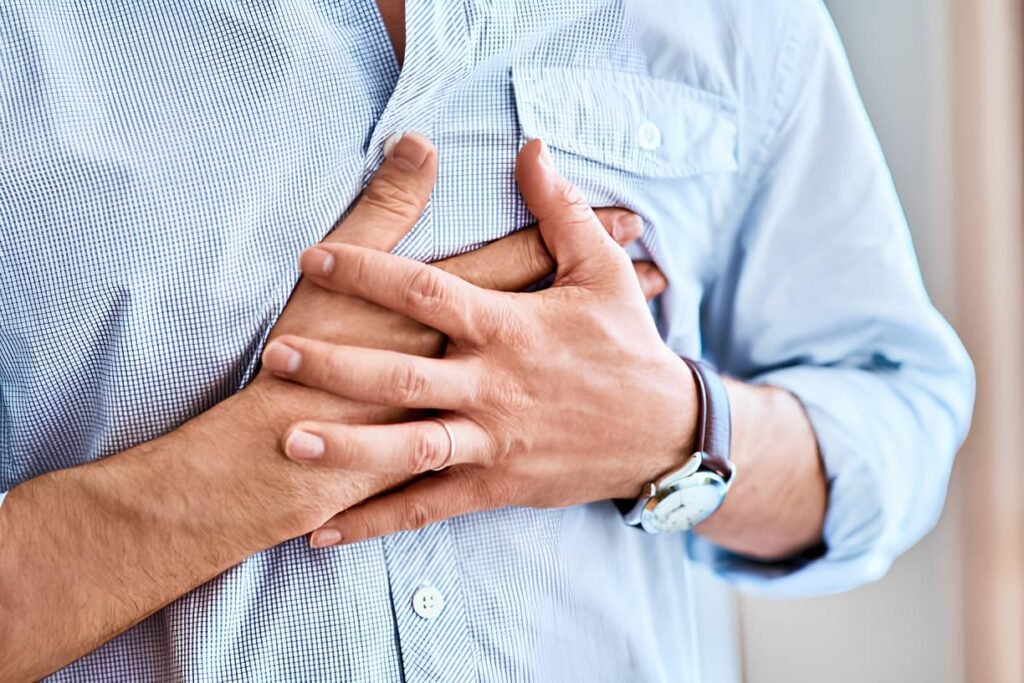Heart disease remains one of the leading causes of death worldwide. But here’s the good news: identifying early symptoms can make all the difference in preventing serious complications. The sooner you recognize these signs, the sooner you can take action and protect your heart. So, how can you tell if your heart is at risk? In this article, we’ll dive into the 7 early signs of heart disease you should never ignore. Understanding these warning signs can help you stay ahead of the game and seek the right care before it’s too late.
1. Shortness of Breath
One of the most common early signs of heart disease is unexplained shortness of breath. If you find yourself winded after minimal physical activity, such as climbing a set of stairs or walking short distances, it could signal that your heart isn’t pumping blood as effectively as it should. This can happen when the heart becomes weakened or if there’s a build-up of fluid in the lungs, which can be linked to heart failure.

2. Chest Pain or Discomfort
Chest pain or discomfort is often thought of as a classic symptom of a heart attack, but it can also be a warning sign of impending heart disease. This pain could feel like a tightness, pressure, or aching sensation in your chest. It may occur during physical exertion, stress, or even while resting. If you experience continous chest pain, it’s essential to see a healthcare provider to rule out heart issues.

3. Fatigue and Weakness
Extreme fatigue and general weakness, especially if they appear suddenly or are more intense than usual, can be early signs of heart disease. If your heart isn’t able to pump blood efficiently, your body may not be getting the oxygen it needs, leaving you feeling tired, drained, and unable to perform your daily tasks. This can be particularly concerning if you’ve always had plenty of energy in the past.

4. Swelling in the Legs, Ankles, or Feet
Swelling in the lower extremities can be a sign that your heart isn’t pumping blood properly. When the heart is struggling to do its job, blood can pool in the veins, especially in the legs, causing swelling. This is known as edema and can often occur along with other symptoms like shortness of breath or chest discomfort. If you notice sudden or unexplained swelling, it’s a good idea to consult with a doctor.

5. Irregular Heartbeat or Palpitations
Feeling like your heart is skipping beats, pounding excessively, or beating irregularly (palpitations) can be a sign of heart problems. While palpitations can sometimes occur due to stress or anxiety, frequent or persistent irregular heartbeats can indicate heart disease, particularly arrhythmias or abnormal heart rhythms. This is a symptom that should never be ignored, as it could lead to more severe conditions.

6. Dizziness or Lightheadedness
Dizziness or a sensation of lightheadedness can occur when your heart is not pumping blood properly, which can lead to a drop in blood pressure. If you experience frequent dizziness, especially when standing up quickly or after physical activity, it could be a sign of heart disease or other underlying cardiovascular conditions. In some cases, it could also indicate a more serious issue like arrhythmia or heart failure.

7. Persistent Cough or Wheezing
A persistent cough or wheezing, especially if it’s accompanied by other heart disease symptoms like shortness of breath or swelling in the legs, can be an early warning sign of heart failure. This type of cough may produce white or pink mucus, which could indicate that fluid is building up in your lungs due to heart dysfunction. If you’ve had a cough for a while that won’t go away, it’s time to get it checked out.
When to Seek Medical Help
If you’re experiencing any of these symptoms, it’s crucial to take them seriously. Heart disease can develop silently, and by the time more severe symptoms appear, the damage may already be done. Early intervention is key, and the sooner you seek medical attention, the better your chances of managing or preventing more severe heart conditions.
Prevention is Key
While recognizing the symptoms of heart disease is important, prevention should always be the goal. Here are a few lifestyle changes that can help keep your heart healthy:
- Exercise Regularly: Aim for at least 30 minutes of moderate activity, five days a week.
- Eat a Heart-Healthy Diet: Focus on fruits, vegetables, whole grains, and healthy fats like omega-3 fatty acids.
- Manage Stress: Practice mindfulness, meditation, or deep breathing exercises to reduce stress.
- Quit Smoking: Smoking is one of the leading causes of heart disease, so quitting can have an immediate positive effect.
- Monitor your Blood Pressure: High blood pressure is a major risk factor for heart disease, so keep it in check with regular monitoring.
Conclusion
Heart disease doesn’t happen overnight, and recognizing the early signs is the best way to stay ahead of it. If you experience any of these symptoms or notice changes in your health, don’t ignore them. Early detection and lifestyle changes can help you maintain a healthy heart well into the future.
Make your heart health a priority today. Your heart will thank you tomorrow!







